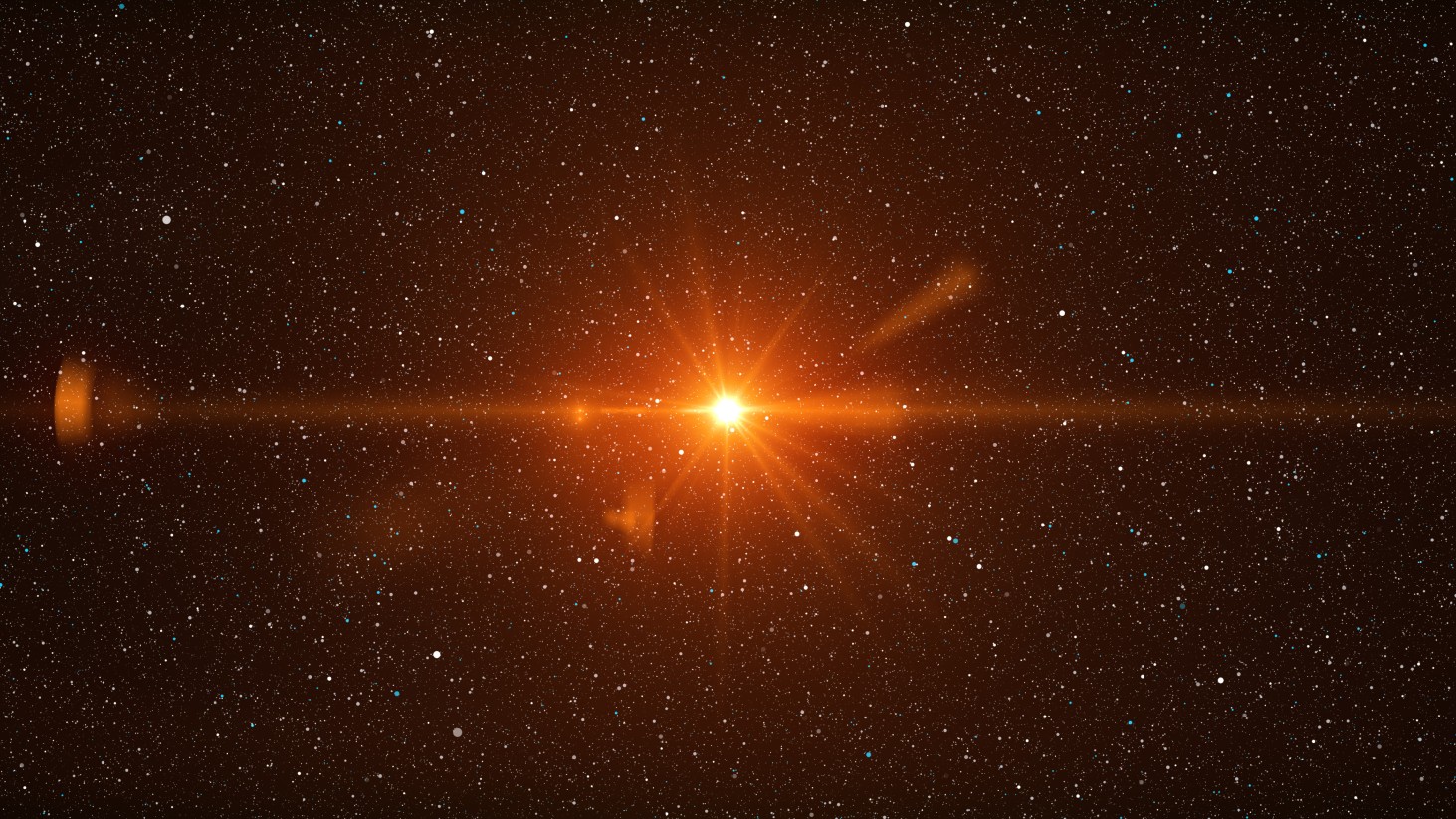What are they, where do they come from, and the proof?
Lisa Randall: So youre jumping to multiple dimensions, which is also something I work on. And I kind of work on it in connection with trying to answer some of those questions that we just mentioned. But the idea of multiple dimensions has been around for ages in terms of just mathematical concepts. But in terms of physics it was more recent after Einstein developed his theory of general relativity. And it was observed that his theory works for any number of dimensions. It doesnt have to be three. But people also think about extra dimensions because of string theory, which is a candidate theory for unifying quantum mechanics and gravity, which seems to require extra dimensions of space. But the other reason we think about extra dimensions is because they might actually have implications for our world and explain properties of matter that weve observed, and how they . . . why masses are what they are for example. Well theres a number of ways to think about what dimensions are. I hope we all know where three dimensions are, which you can say are left, right; forward, backward; up, down. And if you think about it, three . . . we say there are three dimensions of space. And sometimes we need three coordinates to locate some objects in space. So you can say longitude, latitude and altitude. So if there were more dimensions, you would need more coordinates. Now of course for whatever reason we are not physiologically designed to observe those dimensions, but that doesnt mean they dont exist. One way of thinking about it is . . . Maybe the best way of thinking about it is the way that someone named ____________ did it in the late 19th century in a book called . And he said suppose there were two dimensional creatures living in a two dimensional universe? They would have the same trouble conceptualizing three dimensions that we have when we try to conceptualize more than three, such as four. And so he asked questions like,“What would observers in this two dimensional universe see, say, if a three dimensional object like a sphere passed through the universe? And what this flatland universe would see would be a series of disks that grow in size and then decreased in size. In the same way that we can certainly think about a two dimensional world inside a three dimensional world, it could be that we observe three dimensions but really there are more. And if a hyper sphere say a four dimensional sphere passed through our universe, we would see a series of spheres that grew in size and then decreased in size. The fact that we dont observe those extra dimensions doesnt mean they dont exist. And they are hard to conceptualize. They certainly are hard to visualize. But we can think about them mathematically and conceptually without too much trouble. You want evidence, do you? Well we dont know if theres evidence yet. So one reason we think about it is to decide what would be the evidence. So how do we know if these dimensions exist? And of course you cant answer that question until youve really thought it through and thought how are they hidden; what would be the implications? And we havent seen them yet. I mean the reasons that we think about it, like I said, are string theory and the fact that they might have implications for our universe. But how can we test whether it has these implications? Well what were going to do . . . not me but ________ will do is look for evidence of particles associated with travel in the extra dimensions. That is to say if particles traveled in the extra dimensions, there would be partner particles called“Kaluza-Kline particles that are like the particles we know about. They have properties that interact similarly, but they have mass. And their mass reflects the extra dimensional geometry. Thats because they have momentum in those extra dimensions. And so what well do is look for evidence of these extra Kaluza-Kline particles. And if we see them, and if they have the properties that we predict, it would be evidence for extra dimensions. Recorded On: 11/2/07






